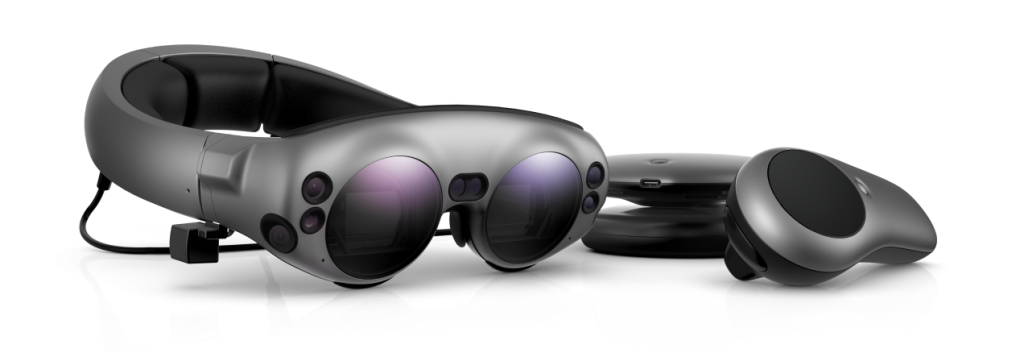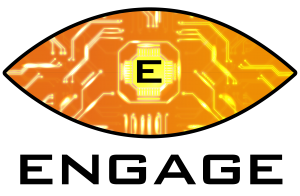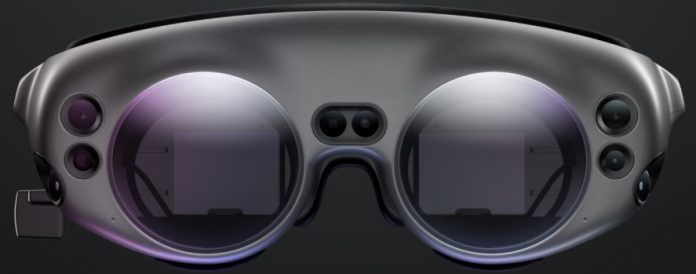Magic Leap CEO Peggy Johnson has confirmed that the mixed reality (MR) headset company will be shipping its second-generation device at the end of this year. Johnson, the former Microsoft executive, stepped up as CEO in July 2020. She confirmed initial release will be strictly limited quantities for early adopters, with a wider general release coming in the first quarter of 2022.
The company’s original headset, the Magic Leap One, came out in 2018, and the company reportedly only sold 6,000 units in the first six months of its release, way short of its 100,000 unit target. The $2,295 price tag priced a lot of consumers out of the market, so we’re hoping for a much lower one this time around.

We haven’t has our first look just yet of the actual device itself, and no detailed specifications have been released either. Johnson did confirm some interesting details though.
“For frontline workers, the product has to be something comfortable that they can wear all day long. So we’ve made the product half the size, about 20% lighter. But most importantly, we’ve doubled the field of view.”
Magic Leap has transitioned itself quickly since the release of the Magic Leap One, switching from an all-purpose mixed reality company, to one much more business-focused. The company has undergone significant changes, and challenges over the years and recently laid off a number off staff, including the departure of its founding CEO Rony Abovitz.
Speaking to Protocol, Johnson said that she sees a “massive” opportunity in the market for enterprise AR headsets. Magic Leap will have to compete directly with Microsoft’s HoloLens to succeed. Microsoft took a huge leap in the AR market last month, when it won a contract worth up to $22 billion, to supply the US Army with 120,000 HoloLens headsets. Proof Johnson says that there is lots of room for growth in AR, not just for Microsoft.
Magic Leap has put its focus on the consumer space on hold for now. They hope to push giants Apple with a product that bridges the gap between smartphone and consumer mixed reality glasses – and they believe the Magic Leap 2 is just that. Apple is rumoured to be unveiling a mixed reality device of their own, aimed at developers. Facebook meanwhile have promised to launch “smart glasses”, in a partnership with Ray-Ban by the end of Q4 2021. Tech giant Qualcomm is working alongside manufacturers including Nreal and Lenovo, on what it calls “smart viewers” that can project a virtual screen overlay into a real space. The R1 Smart Viewer could be released as soon as this summer.
Johnson warned that consumer AR is still some way off, telling Protocol that “The devices are still getting there. They’re not quite right for consumers, but they’re perfect for the enterprise”. She sees AR’s short-term future in healthcare and military application. “Augmented reality may transform health care more than any other industry, at least in the near term”.

